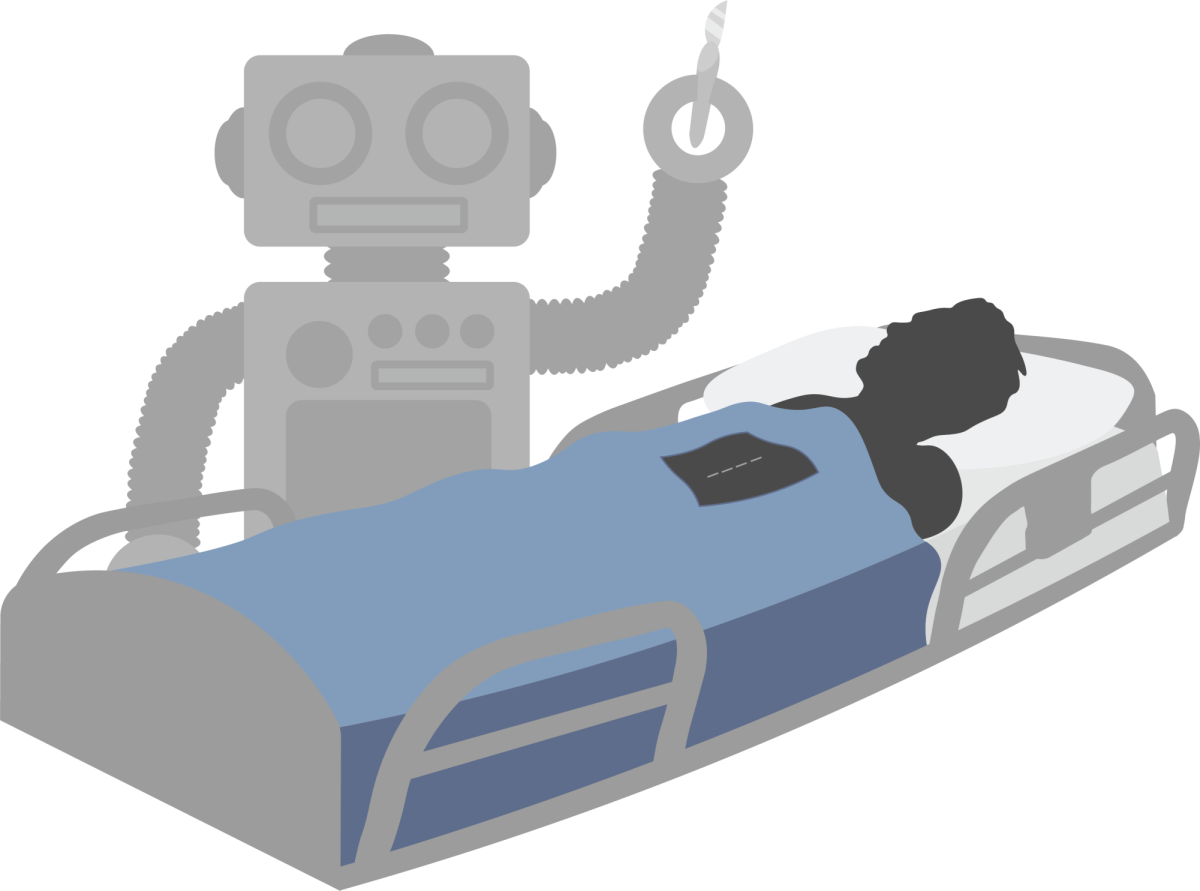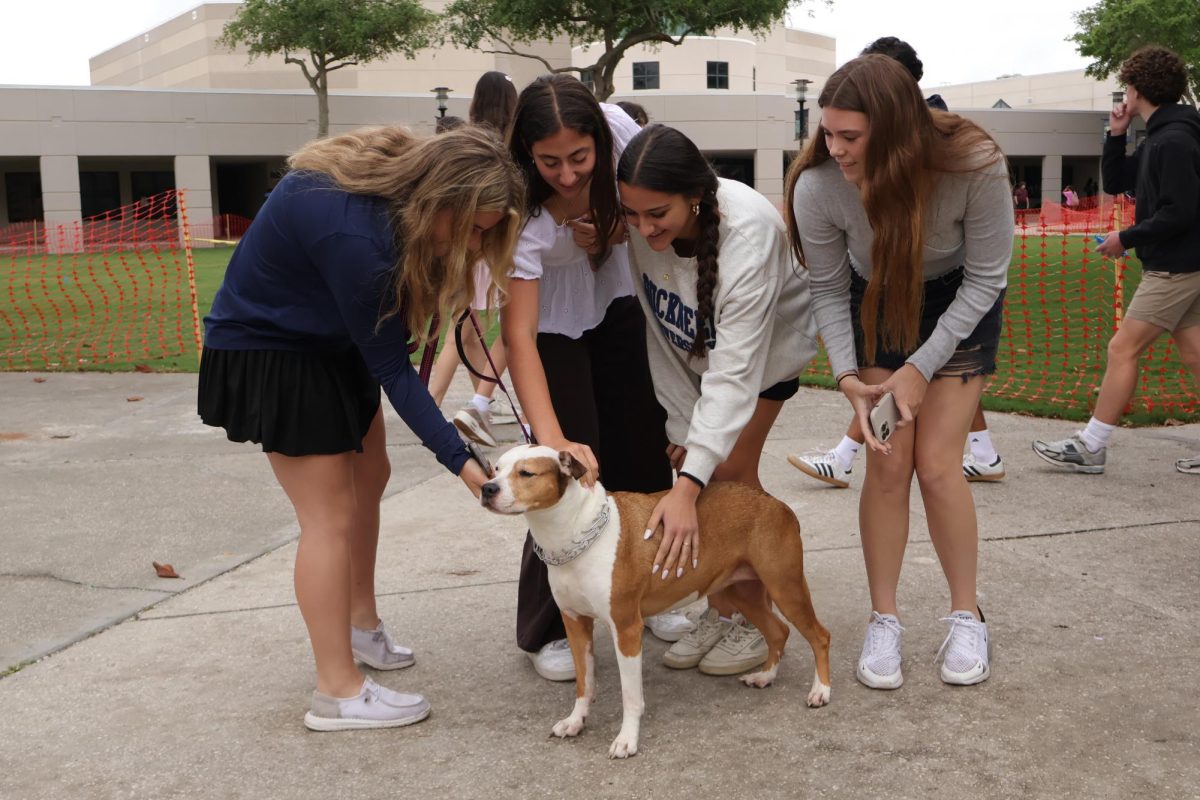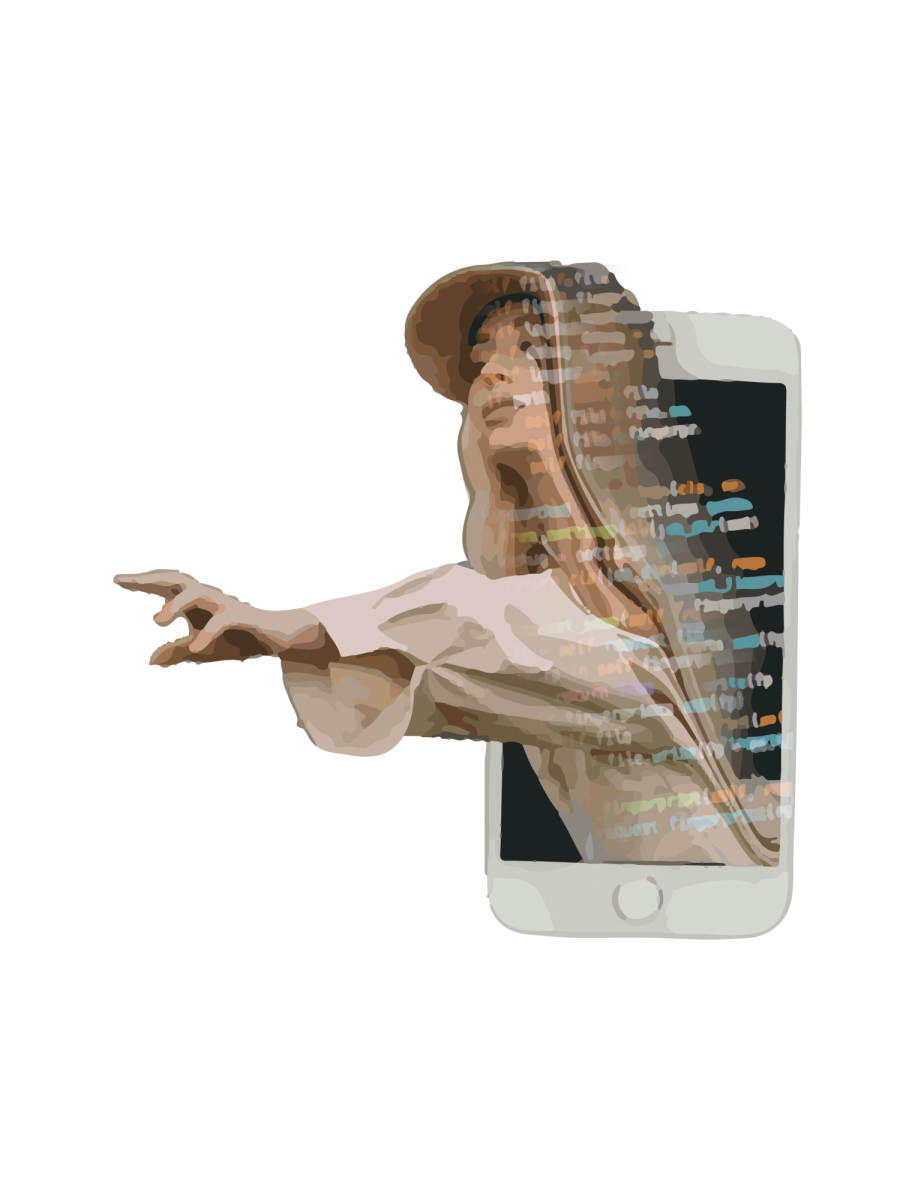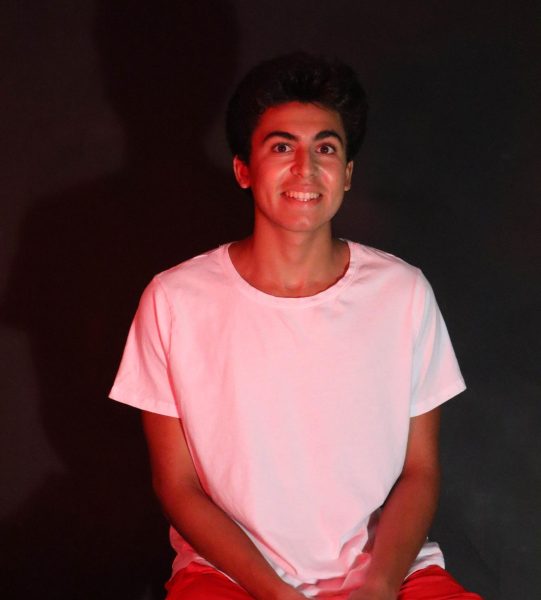The patient is worried. An hour ago, he was lying on a narrow table in a hospital gown under a whirring cylindrical machine. Now he paces back and forth, anxiously waiting for what the doctor has to say. The doctor is worried too. She’s unsure about the CAT scan that had just been done on the patient. As a radiologist, she should be able to make decisions based on the most subtle differences in these medical images, and an incorrect diagnosis could prove to be very harmful. There will always be human error, but there’s something that could help in this situation, something that can rapidly analyze large quantities of data, make remarkably accurate interpretations, and stay up to date with the latest research and developments.
There’s a new chapter being composed within the medical field, but humans may not be the ones writing it. Artificial intelligence has arrived, and Emergency Room doctor Latha Ganti, who has already seen its impacts, believes that it can be incredibly advantageous for the future.
“Anybody can fall once in a while, but maybe AI algorithms can say, ‘well he fell once, he was hospitalized twice, his kidney function was a little bit off this day and then he missed his appointment another day…so maybe there’s some neurodegenerative thing that’s happening,” Ganti said.
Situations like these happen often, as AI is able to see things humans can’t. For instance, according to the Wall Street Journal, a program was developed by the AI company Bayesian Health that looks at over 250 factors, including vital signs and demographics, in order to determine which hospital patients are at higher risk of developing sepsis. Studies showed that this program could allow patients to receive sepsis treatment hours earlier and thus significantly reduce its mortality rate in the hospital.
These advances are fairly recent, but while AI has been rapidly rising in prominence over the last decade, the idea is nothing new. Scientists have been exploring the potential of AI in healthcare since the 1970’s. The public knowledge of artificial intelligence from those times, however, largely stemmed from Arnold Schwarzenegger traveling back in time and riding around on a motorcycle. Now, something more practical is causing excitement, something students are likely familiar with.
“Since Chat GPT took off, which was the first time the general american consumer market got its taste of AI, there’s been a large amount of investment into AI in medicine,” said Andrew Gao, a senior interested in pursuing a career in healthcare.
So no, Chat GPT isn’t just being used to save grades, it’s also saving lives. According to the Independent, there was a young boy who saw 17 different doctors in order to find the cause of his chronic pain, but none of them were able to correctly diagnose him. It was only after the mother put his symptoms and information from his MRI’s into Chat GPT that she was able to find the source of his problem.
Of course, there will need to be supervision by a human, since there have been some problems found in early stages of development. Ganti recalled a moment in which she had asked Chat GPT for references for a paper she was writing, and it completely made some up. This is called GPT hallucinations, which is where the AI does what it can to accommodate the request, generating material that looks realistic but in fact is inaccurate or nonexistent.
“I hand checked the references [Chat GPT generated] and I couldn’t find them…the articles did not exist,” Ganti said. “It made up references. The authors are actual authors, the journal was an actual journal, the title was probably some kind of conglomerated title that it put together and gave to me. So if I had not checked, I would have placed in four garbage references into my paper.”
Even so, there seems to be many pros to few cons. According to the American Medical Association, a new physician in the 1950s would have a full career before medical knowledge doubled. Now, it’s doubling every 72 days. It’s practically impossible for doctors to stay up to date with that kind of exponential growth in information, especially with the amount of administrative tasks they must complete in modern society. AI can not only help handle the new developments in research, but it can also substantially decrease doctor’s workloads. Ganti has utilized AI to help her with busy work so she can spend more time with patients.
“I would much rather spend the extra however many minutes sitting with my patient and teaching them about their health and going over their medications…making them feel better, than typing a bunch of nonsense into the computer,” Ganti said. “So I think AI is helpful there because you can have it document…and write prompts [for you].”
Right now AI is helping doctors with their work, but many wonder if it will eventually replace them. Neither Ganti nor Gao believe that this will happen, at least not in the near future. The human factor in medicine will likely always be there, but AI really can make a tremendous impact. Gao is excited to see this change.
“AI is here to stay, and most of the people in big decision making jobs especially are welcoming AI because it makes everything more efficient,” Gao said. “It saves lives, so why not bring it?”













